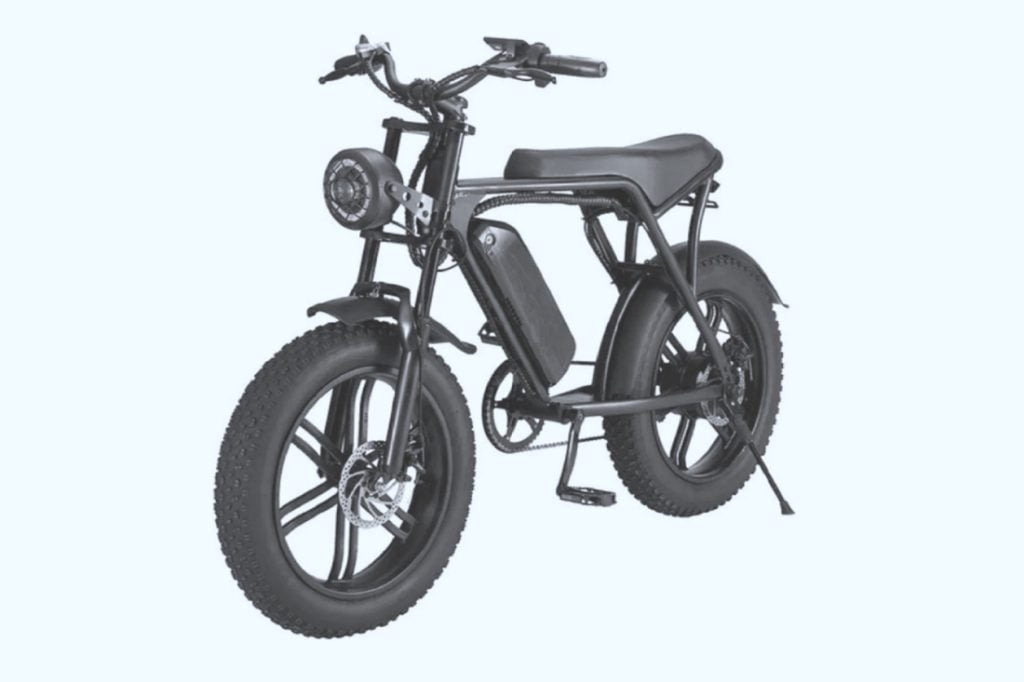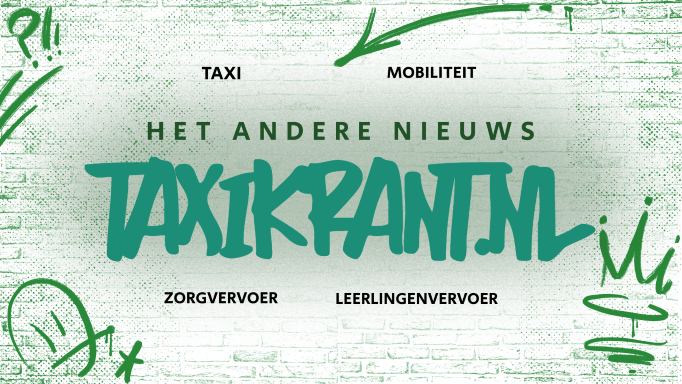Research showed that they offer fat bikes that go faster than 25 km per hour and/or have a higher power than 250 Watt without approval.
The Human Environment and Transport Inspectorate (ILT) recently issued a warning to 27 internet providers of fat bikes (E-bikes with thicker tyres). Research showed that they offer fat bikes that go faster than 25 km per hour and/or have a higher power than 250 Watt without approval. Such fat bikes must have a type approval. This is independent of the question of where the consumer will use the fat bike: on public roads or on private property. A new inspection will follow from 1 December. Internet providers who then still offer these fat bikes for sale without type approval risk an order subject to periodic penalty payments imposed by the ILT to put an end to the violation.
Unsafe and uninsured
Fat bikes that go faster than 25 km per hour and/or have a higher power than 250 watts are increasingly common in the streets. This not only has negative consequences for road safety, but also for the user himself. Because these fat bikes are prohibited on public roads without type approval, the user is in violation and therefore not insured.
The ILT has established that almost all internet providers of fat bikes without type approval are indeed aware of the applicable rules. Under certain circumstances, vehicles for sale may be exempt from the approval requirement. For example, if the manufacturer has not made the vehicle to be used on public roads. That is why the fat bikes are sometimes depicted with disclaimers such as 'use only on private property' or 'not for use on public roads'. However, the ILT's investigation shows that in most cases there is no question of such an exceptional situation. Although the manufacturer uses a disclaimer, other aspects show that the fat bike is indeed intended for use on public roads.

In addition, the ILT sees that various delivery systems are available for fat bikes. This concerns both physical and digital stage systems. Its sale is not prohibited. But cycling on public roads with a fat bike equipped with such a boost system is prohibited.
Type approval required
Fatbikes are two-wheelers as referred to in Article 2 paragraph 1 of EU Regulation 168/2013. Electric bicycles are exempt from this legislation (Article 2 paragraph 2h) if they cannot go faster than 25 km per hour and have a power lower than 250 Watt. If this is not the case, the E-bike must comply with the EU Regulation 168/2013. In addition, they must have a type approval issued by an approval authority such as the RDW. Such an E-bike may not be sold without this type approval. The ILT supervises this. In addition, it is forbidden to ride the E-bike on public roads; the police enforce this rule.
About the supervision of the ILT
The ILT has a supervisory task for vehicles that fall under the criteria of EU Regulation 168/2013. The manufacturer determines the purpose of use of an E-bike, which means that it automatically falls under a corresponding legislative regime. If the E-bike falls under EU Regulation 168/2013, the ILT monitors whether a product meets the legal requirements during the trade phase.



